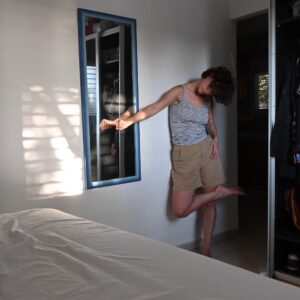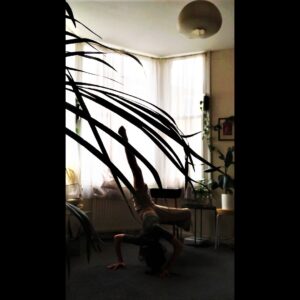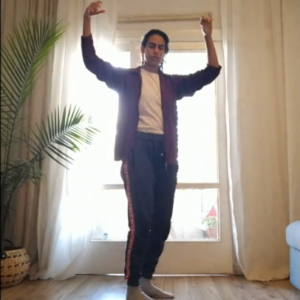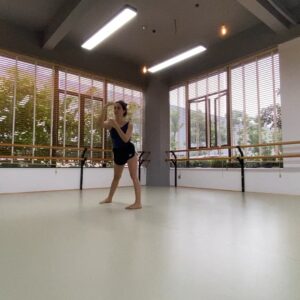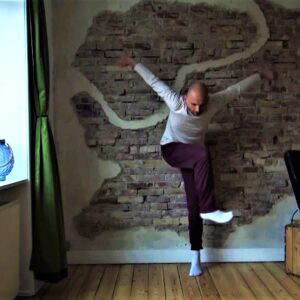Hari Krishnan
dance
Hari Krishnan
canada/united states
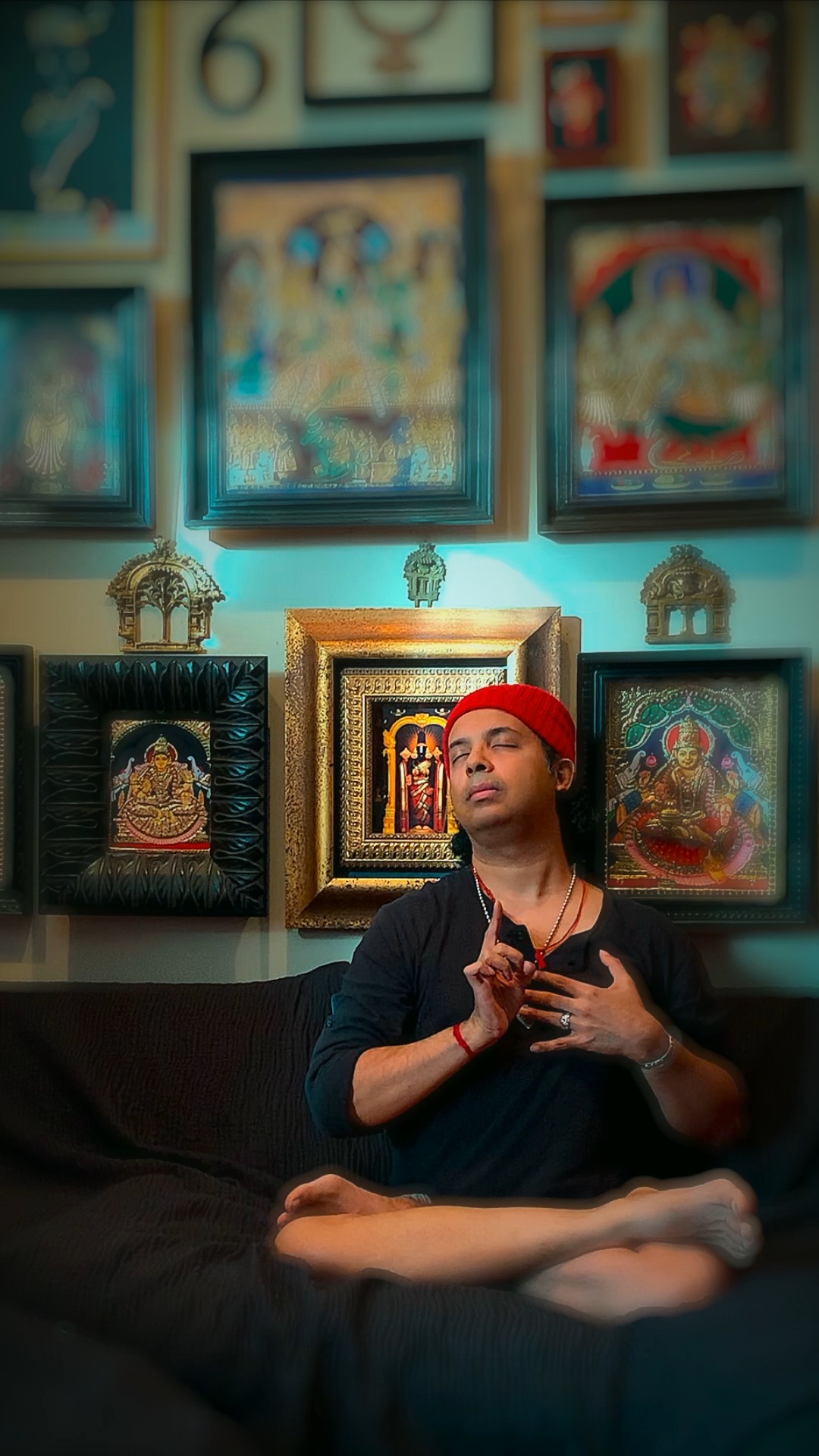
Hari Krishnan is a dancer, choreographer and scholar who specializes in Bharatanatyam and global and queer dance.
Trained by hereditary courtesan dance teachers in South India who were the original repositories of Bharatanatyam, he is the artistic director of Toronto based company, inDANCE and is also the Chair and Professor of Dance in the Department of Dance and Feminist, Gender, and Sexuality Studies at Wesleyan University in Connecticut.
His choreography explores post-colonial complexities in Indian dance and queer themes, as well as the intersection of traditional South Asian and global contemporary dance forms. His extensive body of work is based on critical perspectives on Bharatanatyam, fused with contemporary global dance styles and postmodern social critique. His pieces are bombastic, boldly confronting political and sociological issues.
Krishnan is also engaged in critical and ethical mediated reconstructions of rare South Indian courtesan dances and techniques from the 18th and early 20th centuries.
Krishnan’s scholarly repertoire is as extensive as his choreographic one. He holds a PhD in Dance from Texas Woman’s University and his research ranges from queer dance to global cultural politics in dance to the history of devadasi-courtesan dance to representations of Bharatanatyam. These themes bleed into his choreography, and vice-versa.
In 2019, his first book, Celluloid Classicism: Early Tamli Cinema and the Making of Modern Bharatanatyam, was published by Wesleyan University Press.

<<I was fortunate to be invited to be a part of Human Signs, a global digital interdisciplinary project, created by visionary composer Yuval Avital. For me, this was an evocative, aspirational, international, artistic project which addressed the larger politic of uniting the world through art, during this horrific Covid-19 pandemic.
Human Signs is a great example of how global artists meaningfully engage with each other during Covidian times.
The solo I performed for Human Signs was about dancing life on pause – a meditation: being part of this artistic response to the Covid-19 pandemic, was a truly evocative, moving, revealing journey for me. I had to sit, still, in my dark bedroom, retreat within myself, and distill the restless, helpless despair my physical self and soul embodied in this fractured, tumultuous time. After two weeks of introspection, in the friendly company of the Cantus Firmus mantra and the sunrise as a healing balm, I let my mind, body and heart express my inner world through this ‘dance’. Drawing from my rich Indian dance ethos, I carefully abstracted from the structure of mezzuvani – a seated salon solo dance style where the dancer performs with mudras (hand gestures) and abhinaya (facial expressions). As I choreographed, using Covid-19 as the premise, current political events collided with my (already) altered realities, i.e. the police killing of George Floyd and the Black Lives Matter (BLM) movement protests in the U.S. In homage, I empathized with my marginalized friends, by referencing BLM’s symbol of resistance-the raised clenched fist-in the beginning of my solo to join in solidarity with them. Reflecting the context of isolation and depletion in my current life, I radically edited all the staples I take for granted as an Indian dancer – the complex footwork, layered multiple mudras, theatrical abhinaya, elaborate costumes, jewellery, make-up etc. Hence my minimalist iteration. As a metaphor for the quarantine, I “locked-down” my dancing legs by immobilizing them in the padmasana (yogic lotus seated) position. While my left hand ‘stops’ loneliness, angst, dissonance, sorrow, hurt and fear at the outer prakaram (perimeter), my right hand’s index finger, quantifying a singular prayer, invites the healing sun into my darkened soul to bathe it in light and cleanse it with warmth. My centred, gently undulating torso, and circling hands welcome the spirit of a Higher Power to take residence in and transform the ‘chaotic beauty’ within my soul garbha griha (sanctum sanctorum) into ananda (bliss)… >>
